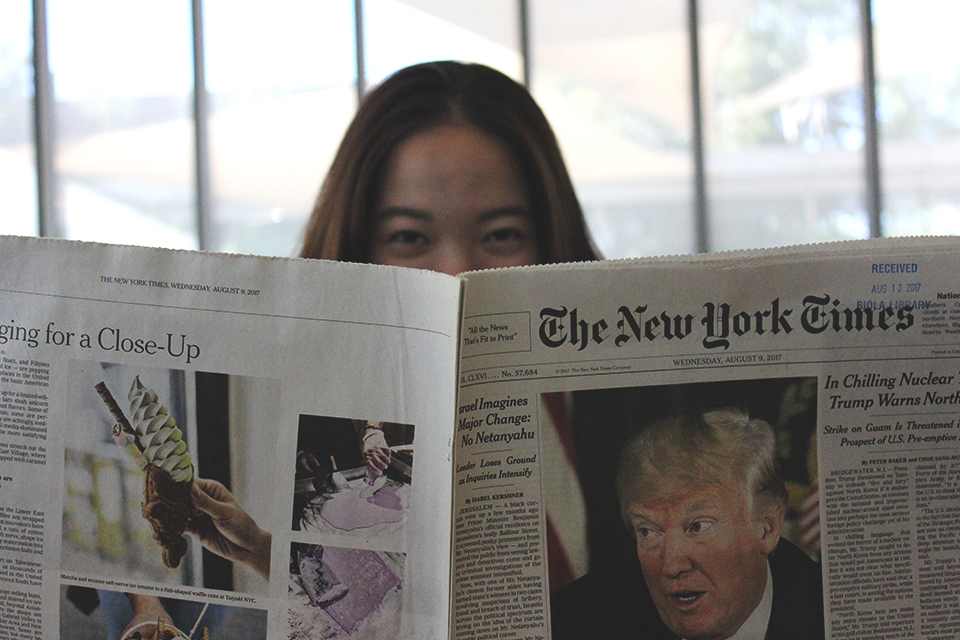“Americans don’t listen, they pause to think about what they are going to say next.”
The fear of confrontation
I sat in the pews listening to the preacher spell out my life, and when he said that, I was stunned. I have done that. In a single moment I felt like this preacher had solved every problem in America. Listen.
My brother and I sat outside Yogurtland scarfing down our calories when he mentioned a radically offensive podcast he listens to on a regular basis.
“You are crazy,” I said, gulping down my cupcake batter fro-yo. He grinned before launching on his next tirade, so I tuned him out and waited for it to be over. I did not want to fight while I enjoyed a spoonful of heaven.
I am terrified of political debate, and I know I am not alone. Personally, I just hate the confrontation—because I hate being wrong. Who loves being wrong? Humility remains one huge scoop of the Christian walk we tend to ignore, and the willingness to be wrong in an argument is the cherry on top. I can see this issue demonstrated in my relationship with my brother.
My brother, a radical, right-wing angry guy, loves to pick a fight. His favorite hobby includes angering people by posting shocking articles on Facebook. He wins every time based off of his own debate skills and unwillingness to be wrong—even if he argues that pistachio fro-yo tops cupcake batter—which it does not. Nothing constructive comes forth from our arguments, for neither of us actually listen. Instead we pause, planning our next rhetorical attack to win the battle. When approached this way, the battle lies at a standstill and we remain in the trenches.
He attacks. I retaliate. I attack. He retaliates.
lead by example in love
Humility is not on the offensive. It is not on the defensive either.
That is still pride. The apostle John warns against this kind of pride in 1 John 2:16.
No—humility instead means taking our eyes off of ourselves and truly listening to what the other person has to say. How do we “love one another,” as we are called to, if we do not know what hurts our own brothers and sisters? I could roll my eyes into oblivion at my brother—as I sometimes do—but does that truly help him, or anyone for that matter?
When the preacher made that statement, it shook my core. I do not listen and my pride gets in the way of resolution. Even though my brother and I disagree on many levels, I do not have a get-out-of-jail-free card to not love him. It will take great effort to get past the initial sting of his words, but I need to get to the heart of his message: his anger reveals his underlying pain. I need to listen and lead by example in love, regardless of how radical his beliefs may seem. Maybe I will buy his pistachio fro-yo next time.







